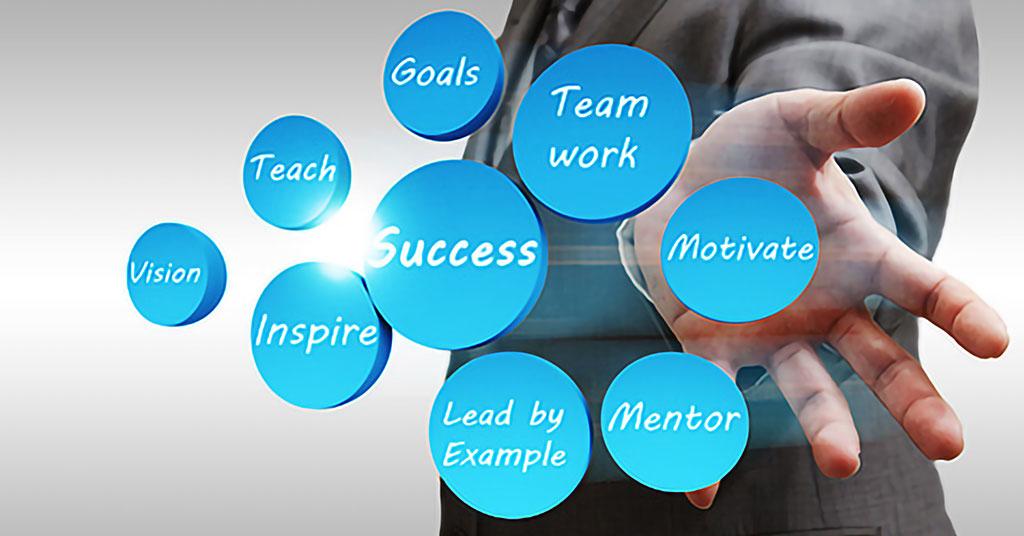
Competency assessment for very basic skills is all fine and well, but what about assessments to identify and nurture potential leaders within the organisation? Leadership qualities are of course rare enough to make the process a bit more challenging than everyday skill testing. These qualities go beyond an employee’s ability to do their job after all – instead, you are determining whether they have the skills that could make them move up the corporate ladder. It is less about compliance, and more about compatibility, composure and compassion. What sort of questions might be included in competency assessment for leadership?
Effective Competency Assessment for Future Leaders
Find the shining stars in your organisation by asking the right questions, and you will be able to make your competency testing work far past the ordinary ‘stay or go’ results. Here are some ideas on what sort of questions to ask during assessments for promotion…
1. If you had to write a profile on a good leader in our company, what would they say and do, and what sort of results would you expect them to achieve? This question helps to identify behaviours and skills that leaders may possess. In a well performing organisation, good results happen because of a good leader as well as a culture rooted in performance. So identifying leaders who understand how to inspire and see what they do to inspire their teams to get results, provides an answer to this question.
2. What percent of leaders across each level fall into the category of change agents compared to managers of the status quo and who does each type of leader answer to? This question focuses on getting the right people with the right skills for the right job. By knowing the change facilitators compared to those who toe the line, it helps to fine tune the selection process. It is also important not to focus on a single level of the hierarchy for development as the boss will have a strong influence on their subordinates. So a change agent should also have a change agent as a boss.
3. What do we want our customers and potential target market to feel, know, and do as a result of our strategies, and how can we measure these results? Understanding the way that people react to things is crucial for leaders. This question helps to understand the link between intended outcome and final results. It also helps to nurture a balance between behaviour and knowledge, while also being aware of how to measure results according to emotional reactions.
4. How will this affect overall results? Support quickly falls away and future strategies become harder when results do not change – even when leaders have done everything to achieve the right emotional responses, knowledge improvement and observable behavioural responses. Clear targets need to be set which can include behavioural measures as well as performance changes.
5. What systems would help or harm these strategies? Leadership development is only as good as the reinforcement it gets. There are many things that need to support the process such as regular performance reviews, changes in recruitment and advancement as well as motivational changes both financial and non-financial. Most development plans fail because they have not been well planned, do not have clear objectives and more importantly are not reviewed and adjusted as time progresses. As you can see, taking a step back before moving forward is probably the best way to advance an organisation. You have to hire and motivate the right people, give them clear objectives, assess them against these objectives, adjust if need be and repeat the process.


